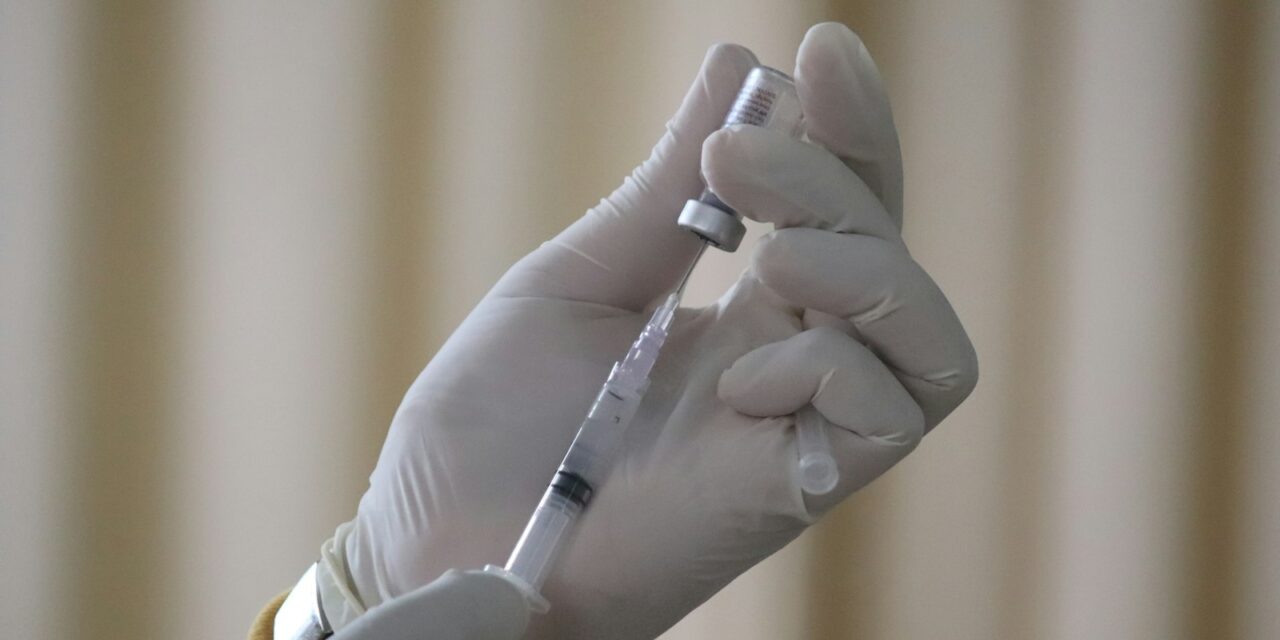The companion animal veterinary vaccines market has shown significant growth over the past year, increasing from $3.47 billion in 2023 to $3.7 billion in 2024, marking a compound annual growth rate (CAGR) of 6.7%.
This growth is attributed to several factors, including the rise in pet ownership, advancements in vaccine technology, and the growing awareness of preventive healthcare and zoonotic diseases, according to a report by the Business Research Company.
Growth Driven by Increased Pet Ownership and Preventive Care
Pet ownership, particularly among Gen X and Gen Y adults, has played a key role in the expansion of the veterinary vaccines market. According to data from the American Pet Products Association (APPA), millennials (Gen Y) represent the largest demographic of pet owners, with over 80% owning a dog and 50% or fewer owning a cat. The trend of owning multiple pets is also on the rise, further driving demand for veterinary vaccines.
In addition to the increase in pet ownership, there is a growing awareness of preventive healthcare for companion animals. This shift towards preventive measures has encouraged more pet owners to seek vaccinations to protect their pets from infectious diseases. The advancement in vaccine technology has also made it easier to provide customised vaccination plans for pets, ensuring they receive appropriate protection.
Future Market Projections
Looking ahead, the companion animal veterinary vaccines market is expected to continue its upward trajectory. By 2028, the market is projected to reach $4.79 billion, maintaining a CAGR of 6.7%. This growth will likely be driven by the ongoing rise in the global pet population, continued improvements in vaccine development, and increasing awareness of the importance of preventive healthcare for animals.
Key players in the market, such as C.H. Boehringer Sohn AG & Co. KG, Eli Lilly and Company, Heska Corp., Merck & Co. Inc., and Elanco Animal Health Incorporated, are expected to maintain their influence as they introduce new vaccines. For example, FeligenRCPCh, a veterinary vaccine for cats, has been developed to provide protection against several feline infectious diseases, including viral rhinotracheitis, feline calicivirus, panleukopenia, and Chlamydophila infections.
North America Leads the Market
In 2023, North America was the largest region for companion animal veterinary vaccines, with Asia-Pacific following as the second-largest region. The market report covers regions such as Asia-Pacific, Western and Eastern Europe, North America, South America, the Middle East, and Africa, reflecting the global scale of the industry.
As pet ownership continues to grow worldwide, particularly in regions like Asia-Pacific, the demand for veterinary vaccines is expected to rise in the coming years, further strengthening the market’s global position.








